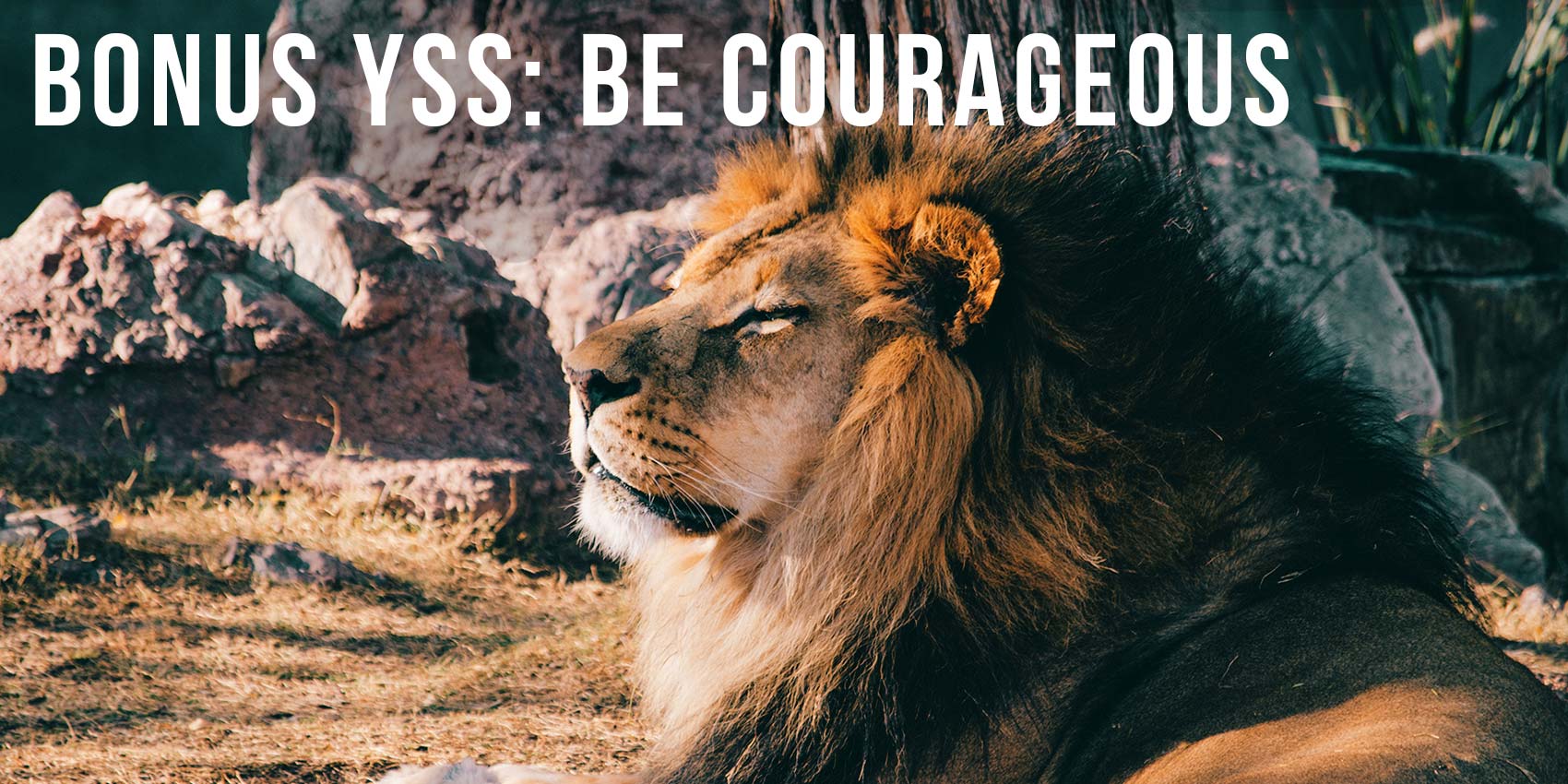31 Mar Bonus YSS: Be courageous

If you have a strong position in your peer group, you can show courage by standing up to an abusive statement. Chances are other people in the group will be glad that you did. Here is an example of what Donna is saying:
“Have you seen Brian with Katy lately? She is such a demanding whiner. Brian needs to teach her a thing or two about being more respectful. I think he needs to let her know who’s boss.”
This kind of talk is simply unacceptable, especially if you are Katy (and one day you might be). Decide if you are willing to put up with this or not.
Are you willing to tolerate this kind of talk about a friend? Yes/no.
Here is something you could say:
“Gee Donna, that sounds like you are okay with a partner forcing the other partner to do something. I think that’s abusive and that’s really not okay with me. Katy is just like us and she’s our friend. Why would we want anyone to abuse her, or us?”
Holding a mirror up to someone and reflecting what they are saying helps them realize that what they are saying is not acceptable. Or, it could also clarify some things. Donna may say she was just kidding, but your words mean that you won’t put up with that kind of talk (showing boundaries) and chances are she won’t speak like that again. She will be more likely to think before she speaks – something that will help her in the long run.
When we stand up to horrible gossip that only hurts others, we show our strong sense of self – yet another reason to build that self!
Sources for this post:
The Prevention Researcher, Volumes 12 (1). February 2005. “Teens Having Babies: The Unexplored Role of Domestic Violence” by Jody Raphael, J.D.
Ibid, February, 2007 Volume 14 (1) “Understanding and Responding to Teen Victims: A Developmental Framework” by Julie L. Whitman, M.S.W.
Ibid, December, 2007 (Supplement) “Aggression in Adolescent Dating Relationships: Predictors and Prevention” by Jennifer Connlly, Ph.D. and Wendy Josephson, PhD.
Ibid, February 2009. Volume 16(1) “Violence in Adolescent Dating Relationships” by Ernest N. Jouriles, Ph.D., Cora Platt, B.A. and Renee McDonald, PhD.
Ibid, “Peer Group Influences on Adolescent Dating Aggression” by Jennifer Connolly, Ph.D., and Laura Friedlander, M.A.
Ibid, “Help-Seeking and Help-Giving for Teen Dating Violence” by Arlene N. Weisz, M.S.W., Ph.D., and Beverly M. Black, Ph.D., M.S.W
Ibid, “Teen Perceptions of Dating Violence, Help-Seeking, and the Role of Schools” by Colleen Gallopin, J.D. and Laila Leigh, J.D. candidate.
From What Is Dating Abuse: Source: “Violence in Adolescent Dating Relationships,” by Jouriles, Platt and McDonald, The Prevention Researcher, Volume 16, Feb. 2009.
The Domestic Abuse Intervention Project: The Teen Power and Control Wheel.
https://www.dosomething.org/us/facts/11-facts-about-teen-dating-violence




Post Question:
Share your thoughts about rumors and what to do about them here.
Answer the post question here
What's being said